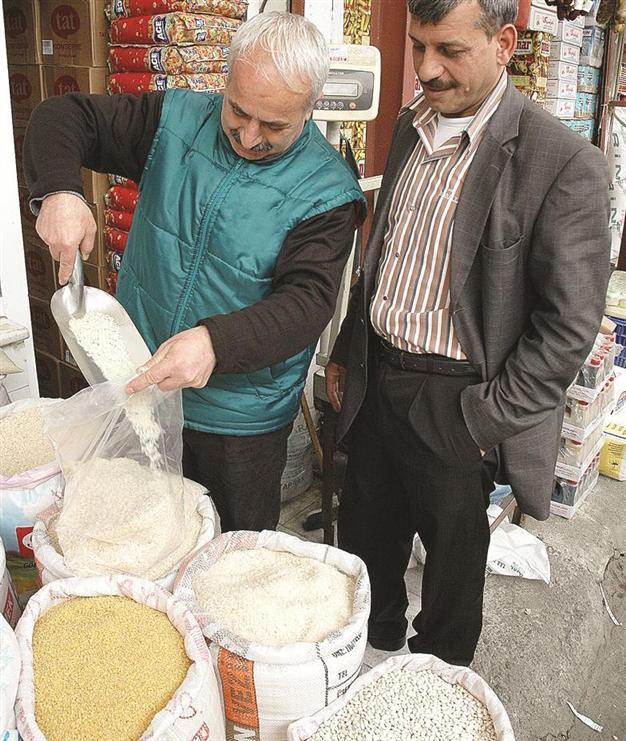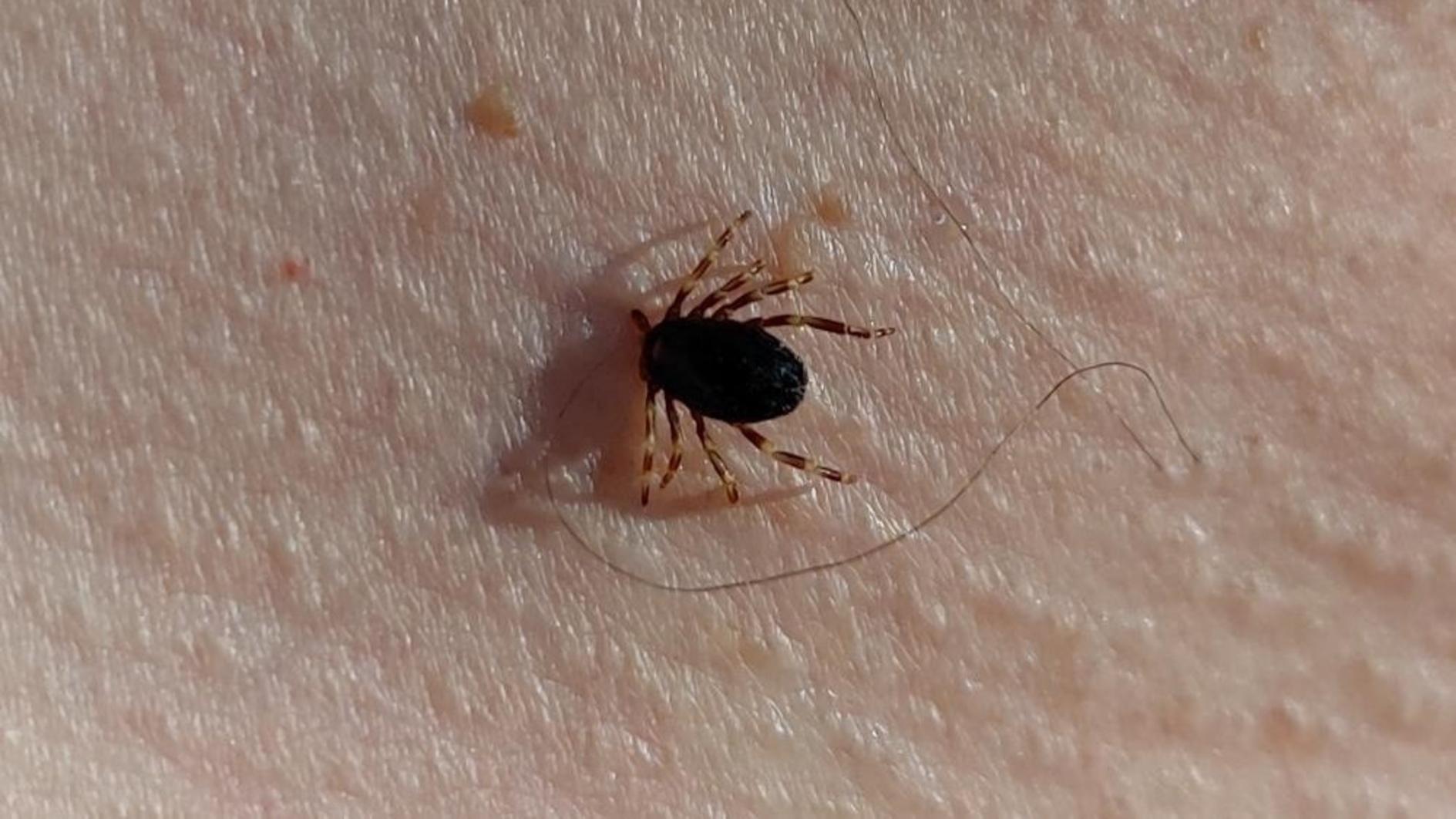Local rice producers eye to ease GMO worries with ads
EDİRNE - Anatolia News Agency

Turkish rice producers are worried as the genetically modified organism (GMO) rice importation allegations have hit the overall sales in the market. DAILY NEWS photo, Hasan ALTINIŞIK
Turkish rice sector players are planning to launch campaigns to promote rice sales, which have been hit by 50 percent in two days after the genetically modified organism (GMO) rice seizure incidents.“This development in the rice sector might affect other sectors,” said Turgay Yetiş, Turkey’s Rice Millers Association chairman and National Grain Council board member, warning local producers might be harmed by the issue as well.
Speaking at a meeting at the Commerce Stock Exchange of the northwestern province of İpsala, where 30 percent of Turkey’s rice production is undertaken, Yetiş said local producers should explain to people that there is no problem with rice through campaigns. He said that when he talked with several market chains he learned that rice sales had halved in two days.
“We believe in our rice,” said İpsala Commerce Stock Exchange Chairman İbrahim Girgin, adding that they might be able to persuade people by letting their products be examined.
The inquiry, in which six people have been arrested and eight people detained, into the importation of GMO rice is ongoing.
In addition to around 21,000 tons of genetically modified rice imported from a United States-based company seized in the southern province of Mersin on April 4, last week customs officials announced they had received information about importation of GMO goods in the northwestern province of Tekirdağ.
Turkey’s Food, Agriculture and Livestock Ministry quickly responded to the reports and dismissed allegations of any GMO food entering the country. Tat Bakliyat, one of three companies – including Tiryaki Agro Gıda and Göze Tarım – whose imported rice was seized, said testing showed that GMOs were found in only four parts in 10,000 of the rice and it was caused by soya bean traces that entered the goods during transport.
















